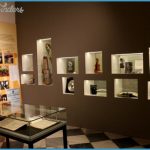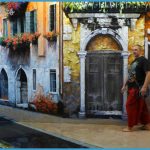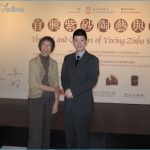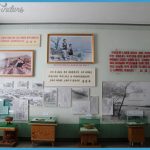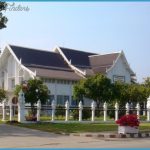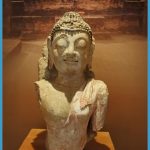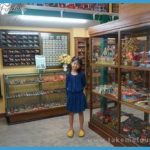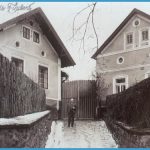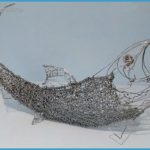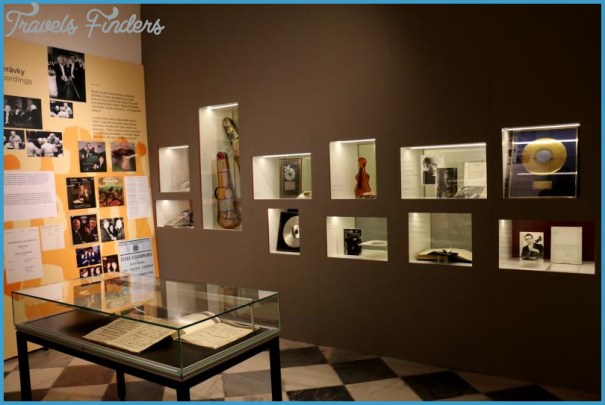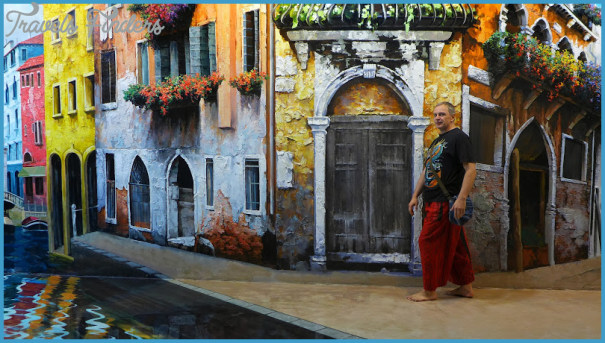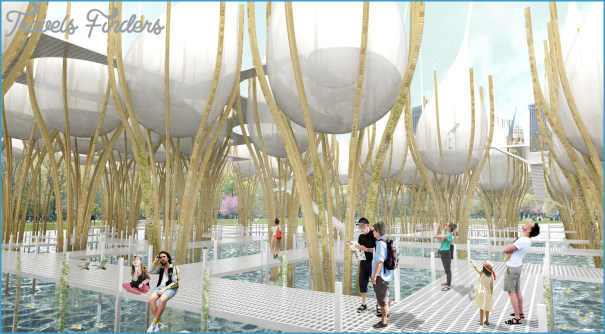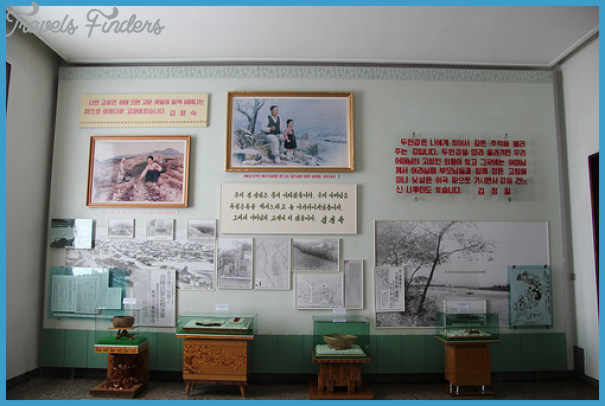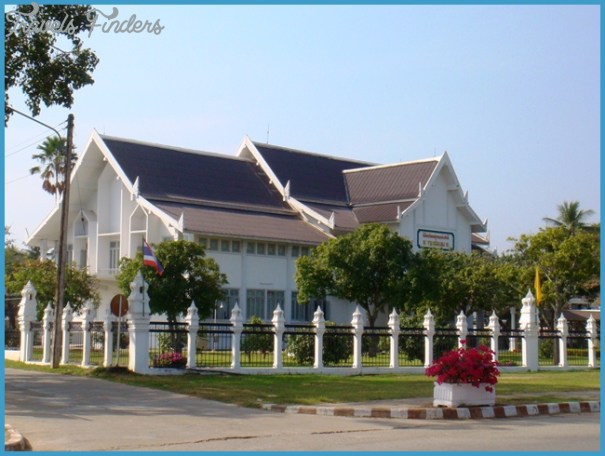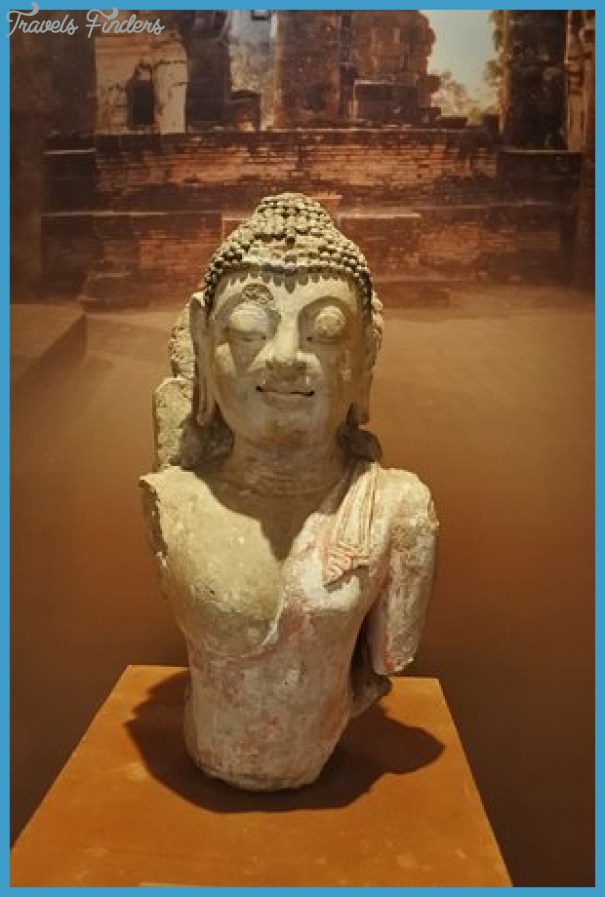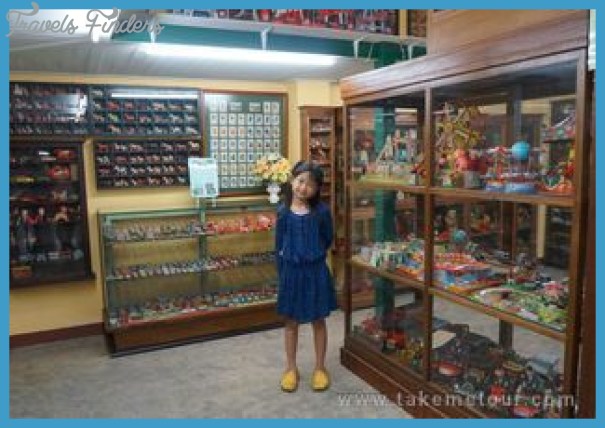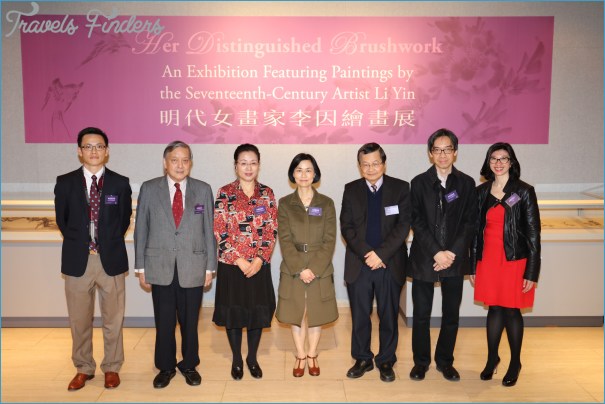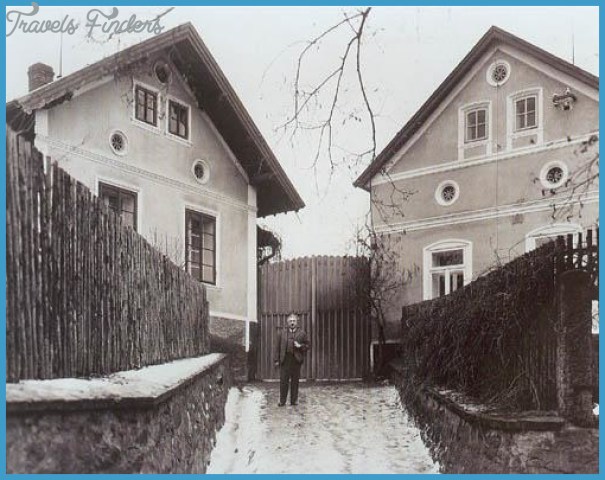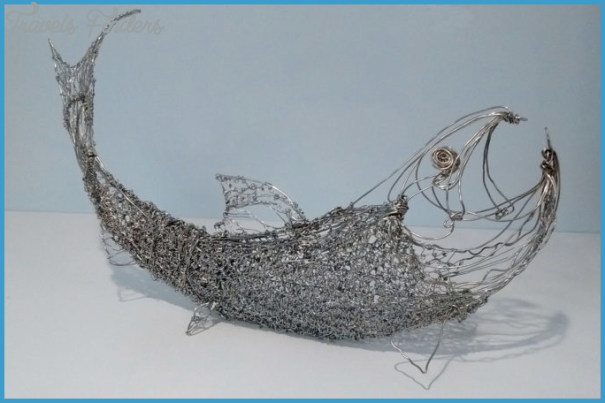SUK MUSEUM
When visiting the Dvorak sites around Prague, it is worth pausing in the village of Krrecrovice, where his favourite pupil, the violinist and composer Josef Suk, was born and where Suk and his wife Otilie, herself Dvorak’s daughter, later lived. Suk was born on 4 January 1874 in the village schoolhouse, where his father was the teacher. His father was also the local choirmaster and taught Josef music. He went to study the violin at Prague Conservatory and in 1891 he joined Dvorak’s composition class, soon becoming the master’s favourite pupil.
The school at Krrecrovice still exists and boasts a small photographic memorial. But the chief memorial to Suk in Krecovice is the house Josef’s father built for him in 1895, next to his own. In 1898 Josef and Otilie were married, and they spent the summers in Krecovice before she died of a heart condition in 1905; they had one son, Josef (father of the violinist of the same name). Until 1933 Sukwas often abroad on open Monday-Friday 09.00-18.00 Suk’s house (left) in Krecovice tour with the Czech Quartet, and from 1922 he taught composition at Prague Conservatory, but the house in Krecovice remained his home. Among the works embodying his most personal feelings are Asrael, the vast symphony he dedicated in 1906 to the memory of his wife and his father-in-law (who had died in 1904), and the piano cycles (About Mother, Things Lived and Dreamt and Lullabies).
SUK MUSEUM Photo Gallery
After Suk’s death on 29 May 1935 he was buried in Krecovice; a memorial plaque was affixed to the house and an annual village concert was inaugurated. His son kept the house and contents intact and in 1951 gave it to the State. Four years later it was opened to the public as a branch of the Antonm Dvorak Museum in Prague, administered by the Museum of Czech Music. (The son’s second wife still lives next door, in the house that belonged to Suk’s parents.)
At the house, Suk’s grand piano, his desk and a bust of Beethoven dominate his study. The sitting-room displays his awards and honours, together with small personal possessions and facsimiles of photographs and of his music (among which is a song composed by Otilie, Pepca na konicku’, for their son), while the bedroom in which Otilie died is devoted to family photographs, folk furniture (including a mirror in the shape of a violin) and their collection of Czech ceramics. The hallway is lined with original caricatures of the composer and photos of fellow musicians and proteges.

